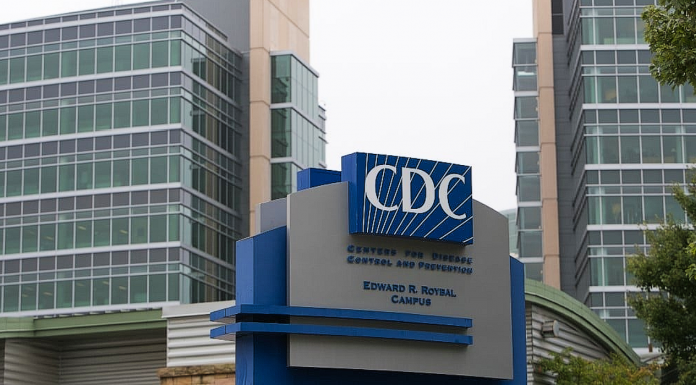(Tony Sifert, Headline USA) In an effort to control the vaccine narrative, the Centers for Disease Control and Prevention concealed much of the COVID-19 data it collected over the last two years, according to a report in the New York Times.
The CDC has published only a tiny fraction of the Covid data it has collected, including critical data on boosters and hospitalizations, citing incomplete reports or fears of misinterpretation. Critics say the practice causes confusion. https://t.co/MUldVe6RGQ
— The New York Times (@nytimes) February 21, 2022
“Two full years into the pandemic, the agency leading the country’s response to the public health emergency has published only a tiny fraction of the data it has collected,” the Times reported.
“Much of the withheld information could help state and local health officials better target their efforts to bring the virus under control,” the newspaper added.
The bombshell comes shortly after Democrats—long buoyed by their allies in the mainstream media—decided to shift tactics and support the end of authoritarian pandemic lockdowns and unpopular mandates, with many fearing political consequences in November’s midterm election.
The CDC data would have been most helpful in determining the “populations at highest risk” and which adults really “needed booster shots,” said the Times, veering away from the Biden administration’s insistence that all citizens have a patriotic duty to be fully vaccinated amid constantly shifting goalposts.
The CDC has shown little interest in ending a pandemic that has given it extraordinary “emergency” powers over the lives of American citizens, while lining the pockets of many health officials connected to Big Pharma.
A CDC spokesman told the Times that the data were “not yet ready for prime time” and that the agency feared the information could be used to undermine its “scientific” claims.
“The agency has been reluctant to make those figures public because they might be misinterpreted as the vaccines being ineffective,” the official said.
The CDC’s response when questioned about their withholding of Covid data and lack of transparency is essentially “we don’t trust you to be able to understand the truth.”
The condescension is palpable. The wheels are finally coming off. https://t.co/74ScUienhs
— Nicole Saphier, MD (@NBSaphierMD) February 20, 2022
The Times hastened to the secretive CDC’s aid by claiming that “public health officials” in other countries are just as worried about “anti-vaccine groups.”
But epidemeologist Jessica Malaty Rivera rejected that explanation.
“We are at a much greater risk of misinterpreting the data with data vacuums, than sharing the data with proper science, communication and caveats,” Rivera told the Times.

